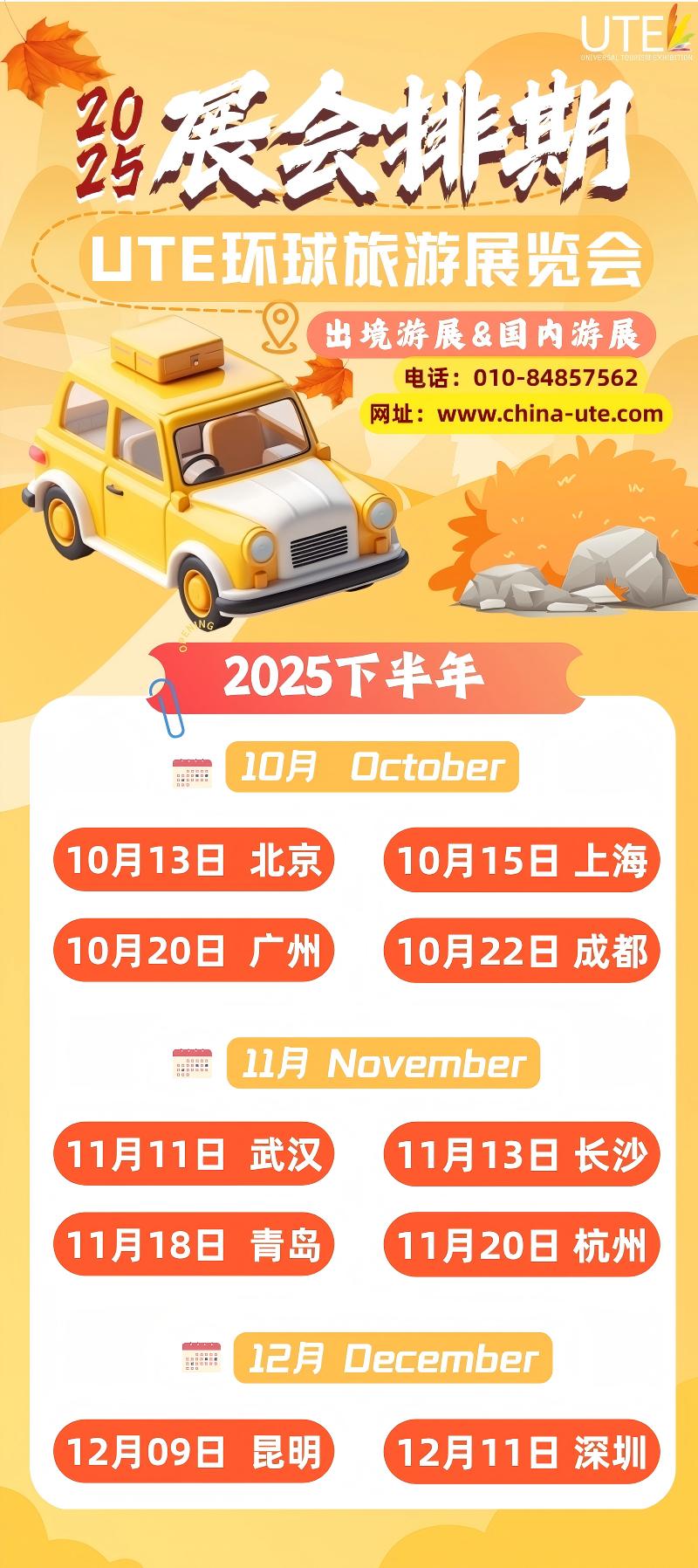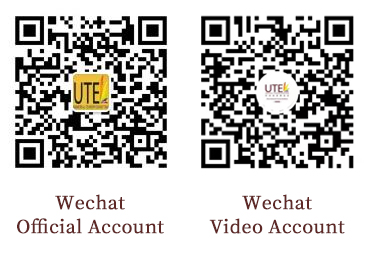During the transformation period of the tourism industry, how can tour operators and local travel agencies break through? The answer is here!
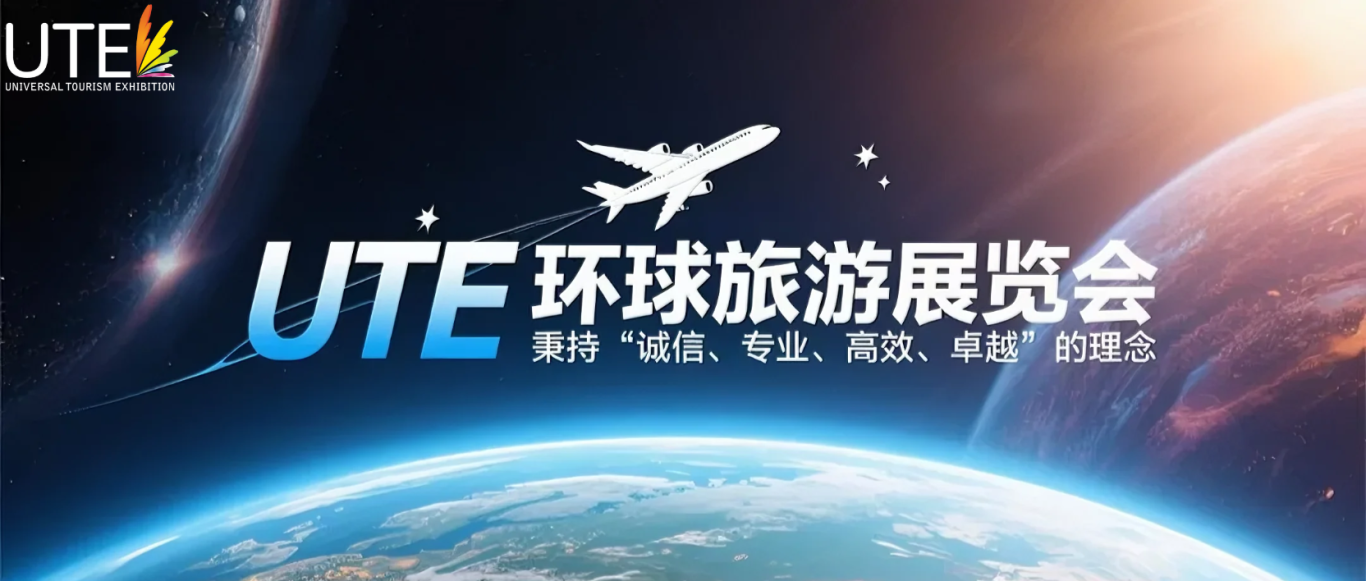
Have you ever wondered how tour operators and local travel agencies can stand firm and thrive in the ever-changing tourism market of the future? Recently, I’ve been studying a highly forward-thinking industry book titled "Tourism Industry Transformation and Insights into Future Trends." The book offers bold yet well-reasoned predictions about the future direction of the tourism sector, particularly for tour operators and local travel agencies, covering key dimensions such as market dynamics, business models, and shifts in customer demand.
While reading, I found many of the book's insights to be highly aligned with the current realities I've observed among tour operators and local travel agencies. It also helped me understand the deeper reasons why some traditional travel agencies struggle to adapt to market changes. Through our practical work collaborating with numerous travel agencies, we’ve witnessed firsthand the turbulence and transformation in the industry. Yet, I firmly believe that the book’s analysis and predictions about different developmental stages of the tourism sector offer valuable guidance for both tour operators and local travel agencies navigating these challenges.

In the coming years, tour operators and local travel agencies relying on traditional business models will face even greater challenges amid increasingly fierce market competition. The evolving trends in the tourism industry demand a fundamental transformation in the roles and operational models of these agencies. To thrive, they must adapt proactively to market shifts and leverage their unique strengths in innovative ways.
In candid conversations with several heads of tour operators and destination management companies, I've been forthright in stating that traditional travel agencies will struggle to keep pace with the industry's rapid evolution without proactive transformation. This isn't a question of capability, but rather one of mindset and operational paradigms.
Here are several core perspectives I'd like to share these insights stem from my interpretation of the book's revelations, though for definitive analysis, I recommend consulting the original text directly.
Historically, China's tourism sector flourished by leveraging abundant natural and cultural resources alongside booming domestic demand. Tour operators drove growth by packaging itineraries, while local agencies handled ground operations a model that propelled industry prosperity for years.
Yet as the market matures, travelers increasingly demand diversity and personalization. Conventional tourism products now fall short of these expectations. For sustainable, high-quality development, the industry must ultimately harness innovation and tailored experiences to unlock its full potential.
The shift from traditional tourism service models to innovative, personalized approaches represents an inevitable evolution in China's tourism market development one that necessitates corresponding role adjustments for both tour operators and destination management companies.
Free market dynamics play a pivotal role in driving the industry's innovation, enabling flexible resource allocation to meet ever-changing traveler demands. In contrast, traditional travel agencies constrained by rigid operational frameworks and lengthy decision-making processes often struggle to adapt with sufficient agility.
During the market's rapid growth phase, when traveler preferences were relatively homogeneous, traditional agencies thrived by leveraging their resource consolidation capabilities and economies of scale. They excelled at organizing mass group tours and delivering standardized services.
However, as the market matures bringing diversified traveler expectations and intensified competition these historical strengths become liabilities rather than advantages.
The coming decades will witness a fundamental transformation in China's tourism industry from a traditional travel agency-dominated model to a demand-driven, multi-stakeholder free market ecosystem. Personalized and customized travel services will capture the majority of market share. Tourism resources will become more openly accessible, breaking free from traditional agency channels and being showcased to the public through digital platforms, creating a level playing field for fair competition. The operational privileges historically enjoyed by conventional travel agencies will gradually erode, giving way to equitable competition between established players, emerging travel enterprises, and independent professionals.
We will see the systematic separation of ownership and operational rights among both tour operators and destination management companies. The introduction of private capital and advanced management practices will drive market-oriented and professionalized operations. State-owned travel agencies may gradually transition their equity into tourism industry funds, providing financial support for sector-wide development. Concurrently, as the tourism financial system matures, travelers' consumption needs will be met through more standardized financial intermediaries, ultimately forming a virtuous cycle connecting tourism businesses, travelers, and financial mechanisms.
The gap between urban and rural tourism resources will gradually narrow, with all regions gaining opportunities to develop distinctive tourism offerings. Regional barriers in the tourism market will be dismantled. The government will transition from being a market dominator to becoming a regulator and rule-setter, creating a healthy environment for sustainable market development.
Although core tourism resources in China remain partially concentrated in traditional travel agencies, a fundamental contradiction has emerged as the market shifts from large-scale development to refined operations.
The era of expansive development relied on traditional agencies' resource consolidation and economies of scale. However, the new phase of refined operations demands innovation and personalized services to meet travelers' increasingly diverse needs.
This transformation may not happen overnight, but it is certainly not far off. During this critical period, both tour operators and destination management companies must actively pursue transformation and breakthroughs.
The UTE Global Tourism Expo serves as the ideal platform to facilitate this transition, offering industry players the tools, insights, and connections needed to thrive in this new era.
Here, you will gather with the elite of the global tourism industry to explore industry trends and share innovative experiences. The exhibition brings together premium tourism resources, cutting-edge travel technologies, and innovative business models from around the world, offering abundant inspiration and solutions for your transformation and growth.
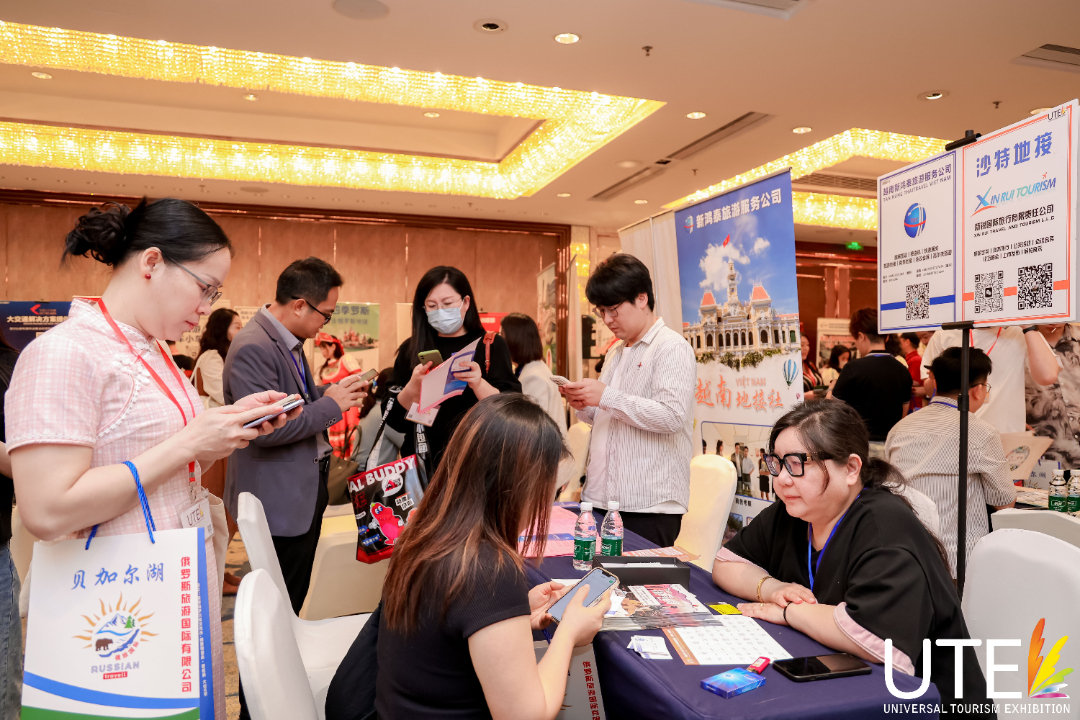
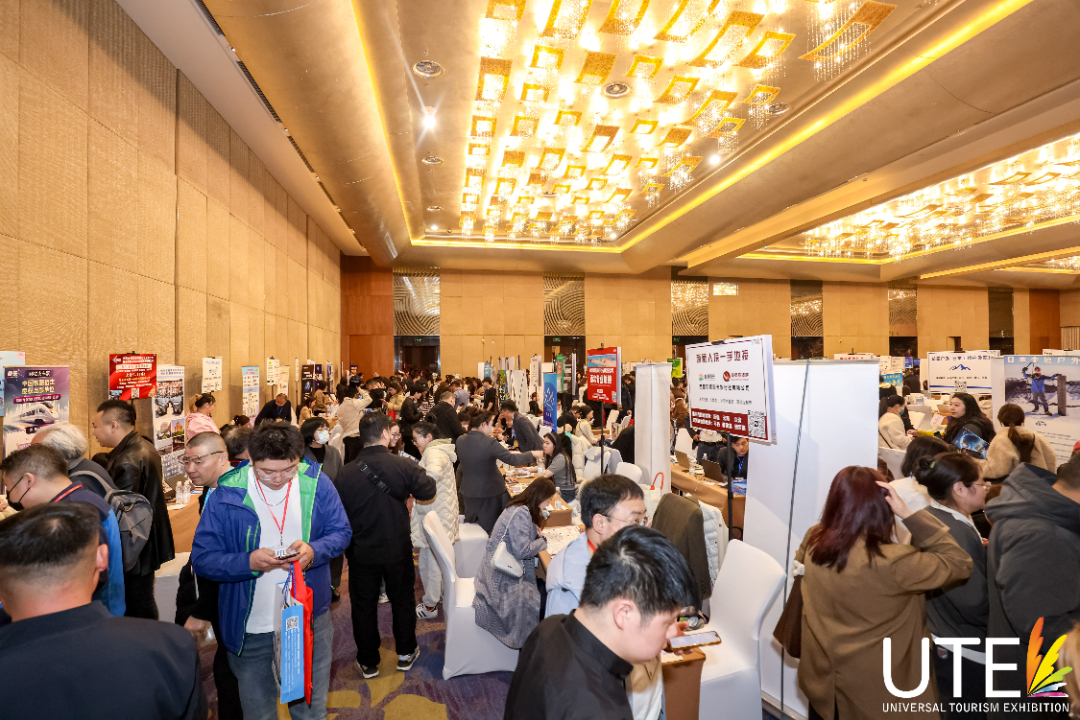
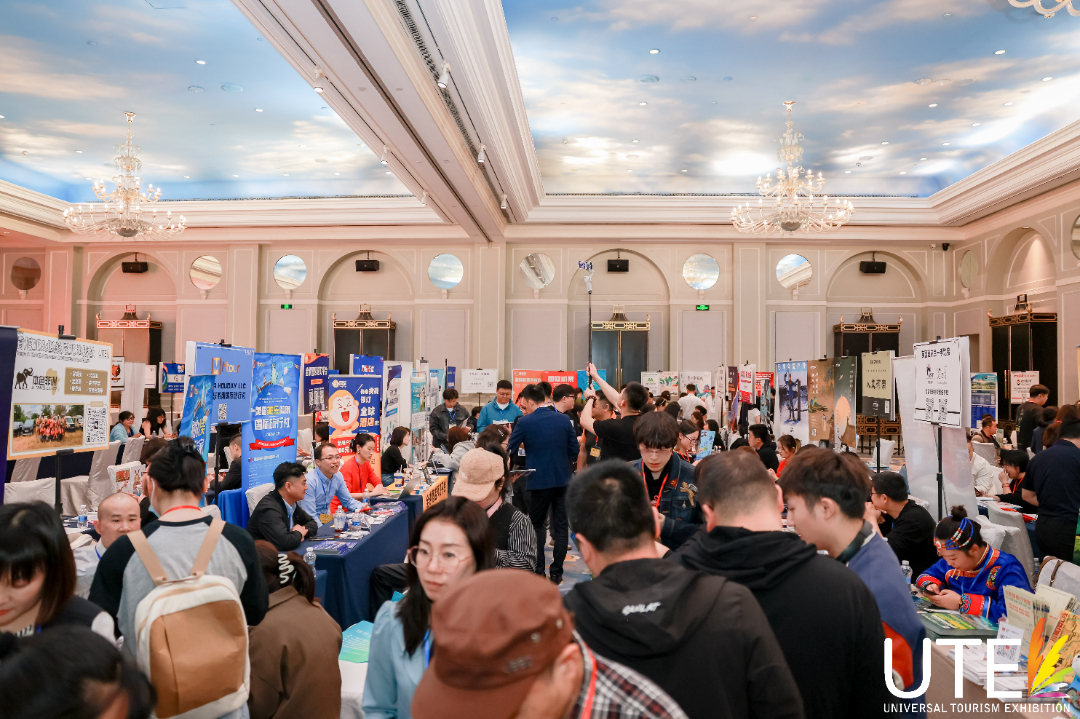

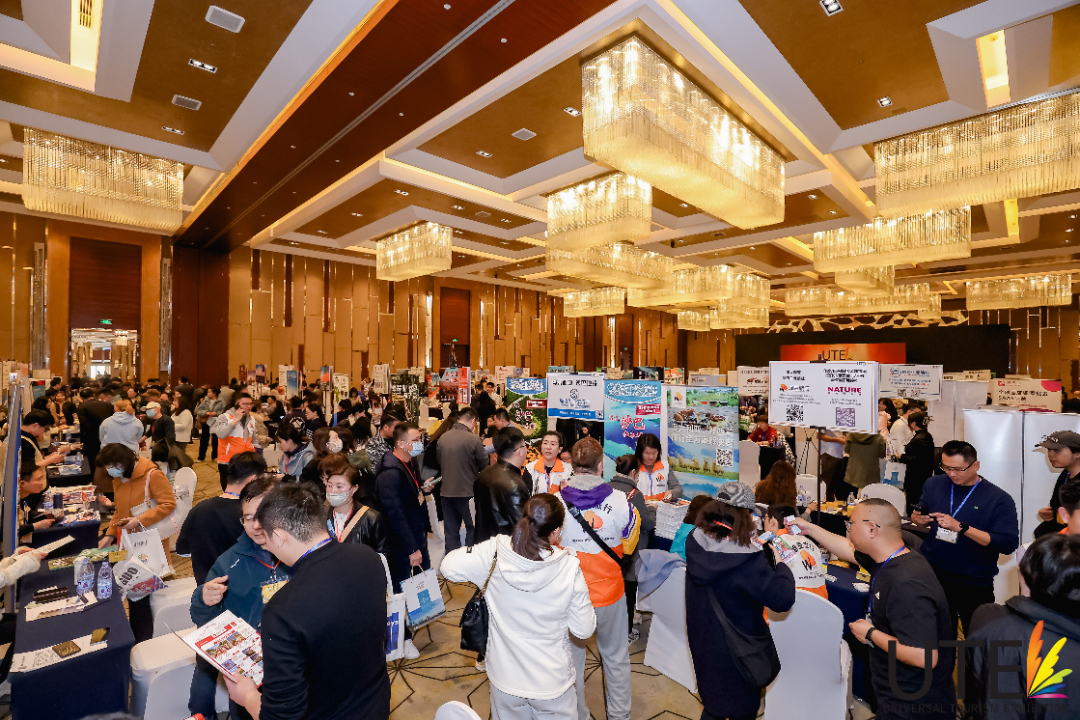
Whether you are a tour operator seeking new itineraries and products or a destination management company looking to enhance service quality and innovation, the UTE Global Tourism Expo is an unmissable industry event.
The future has already arrived. Let us meet at the UTE Global Tourism Expo in the second half of 2025, seize new opportunities in the tourism industry together, and paint an even more brilliant and magnificent future!
END 立即扫码获取 专属你的展位
